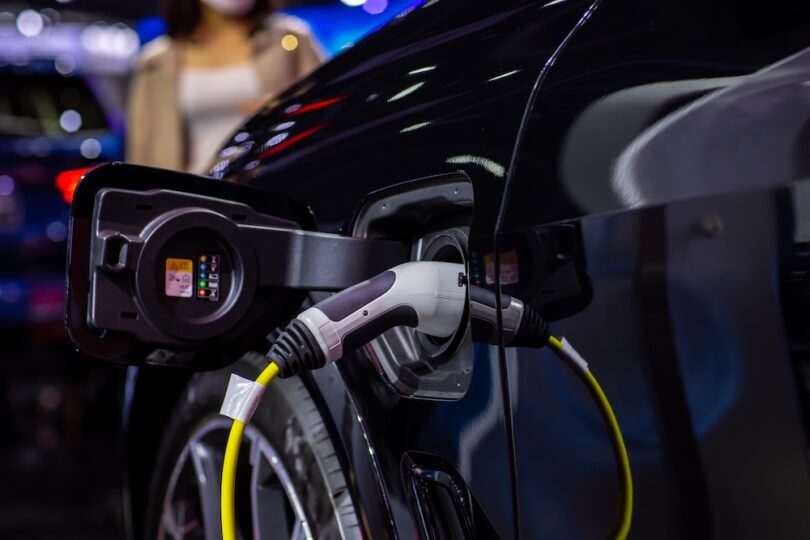With transportation driving 23% of global greenhouse emissions, the switch to electric vehicles is critical.
Motion Energy, a leading impact measurement and carbon finance developer, today announced the inaugural sale of ME Impact credits, a first-of-its-kind carbon credit designed to incentivise the uptake of Electric Vehicles (EVs) at scale globally.
The first purchaser of ME Impact Credits is Zilch Forwarding, a Melbourne-based global clean freight forwarding company at the forefront of driving transport decarbonisation and promoting more sustainable approaches to transport supply chains and supporting global companies including Patagonia.
Importantly Zilch’s purchase is not to offset emissions but reflects its commitment to channel important financial support towards clean air and better health outcomes, initially for communities across Australia but eventually for communities all over the world. Zilch has already committed to purchase more credits from EV activities in regions that are home to some of the worlds more vulnerable communities and in doing so helping kickstart a platform capable of providing valuable funding certainty for parts of the world where EV uptake, to date, has been quite literally non-existent.
99% of the world’s population live and work in and around air that exceeds the World Health Organisations air quality limits, with lower income communities around the globe suffering the most. The transition to electric vehicles is projected to have considerable public health benefits, especially for underserved populations. The challenge however of replacing the billions of internal combustion engine vehicles that drive on the worlds’ roads every day is immense and new programmes that funnel additional financial support towards EV uptake must play an increasingly important role.
Stemming directly from transport electrification and EV activities, the rigorous measurement and verification process involves assessing the volume of energy supplied to EVs and the associated carbon intensity. This is juxtaposed with the emissions that would have resulted if internal combustion engine vehicles were used instead. The difference represents the avoided emissions, and for each tonne of CO2 equivalent avoided, one carbon credit is issued.
This means ongoing revenue for many EV participants, including charging networks, fleet vehicle owners or last mile delivery businesses to help justify the switch to electric and in doing so assist to remove some of the key barriers to wide scale EV adoption, being range and charger anxiety together with financial accessibility.
It is well known that electric vehicles bring far reaching benefits for the environment and people’s health, the purchase of ME Impact Credit gives buyers an innovative way to help support their stakeholders and local communities participate in these benefits.
Ben Cavanagh, Director of Motion Energy: “If we are sincere about addressing climate change and transport emissions, we must place a financial value on the environmental benefits associated with investing in clean transport technology. Our ME Impact credits provide a quantifiable way to showcase the economic worth of transitioning to electric transport, making it easier for organisations to embrace electrification at a vehicle and charging infrastructure level.”
“With global transport emissions close to 8 billion tonnes of CO2e each year, we know that transport pollution impacts everyone everywhere – every supply chain and every community has exposure each and every day. There is quite literally a several trillion-dollar mountain that needs to be climbed when it comes to investment in clean transport over the coming decade, the transition will not happen at the rate that it needs to unless as a global community we start to place a value on clean air.”
“Partnering with a forward-thinking corporate like Zilch as our launch partner was a natural choice as they are ahead of the curve and, from establishment, their business has been focussed on the importance of transport decarbonisation.”







